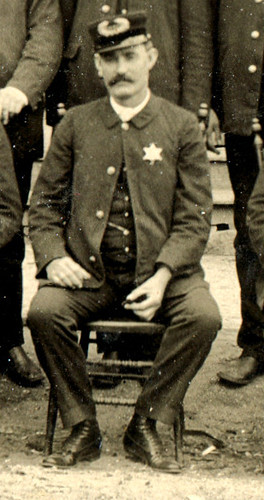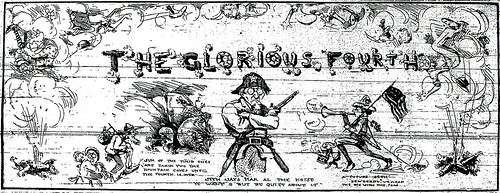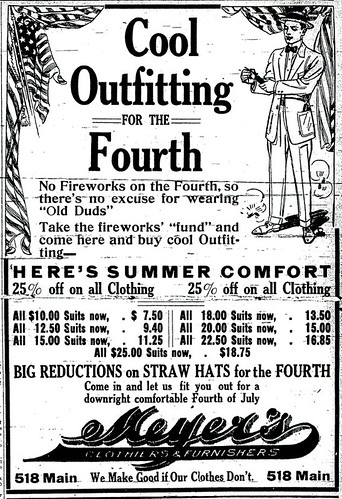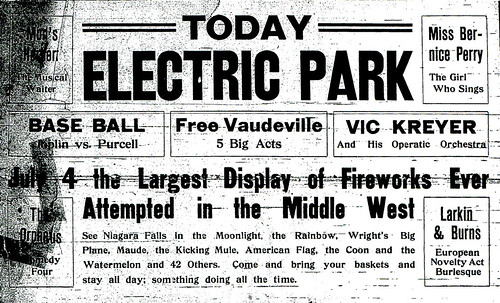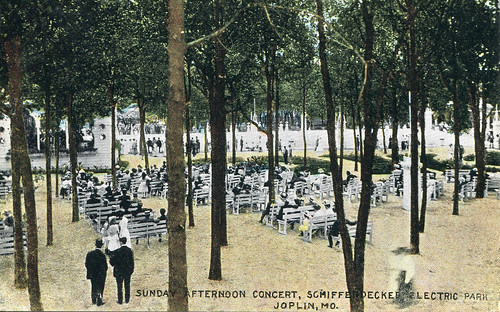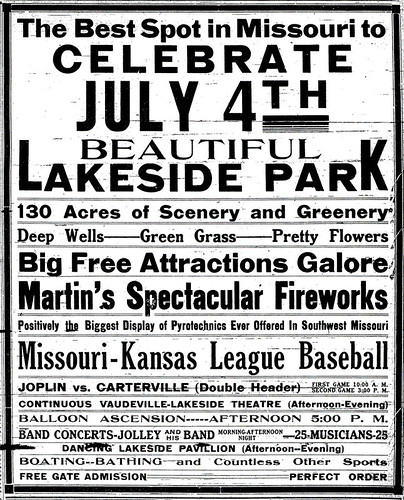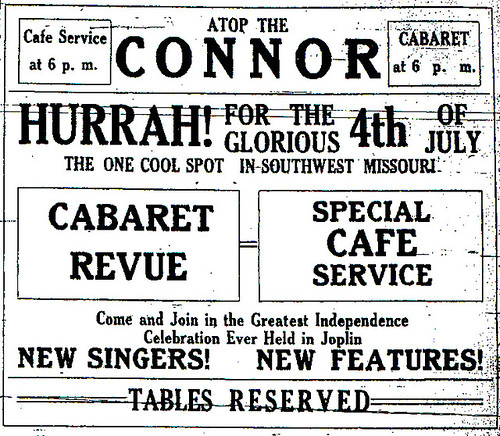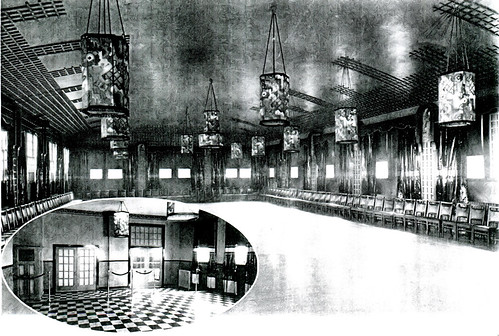In 1904, Joplin City Marshal John A. McManamy gave an interview regarding suicide cases in Joplin. In it, one can observe strains of gender, class, race, and economics that provides insight into the suicidal trends of the city.
McManamy claimed that the majority of would-be suicides in Joplin were women, often “women who have fallen from the highest plane of moral standing. As a rule they are not successful. But as a rule also, this class of women, if they fail the first time, they try it again.” Very few African-Americans in Joplin attempted suicide, McManamy claimed, as “it is the rarest sort of thing that a negro ever wishes to end his own life and it is more rare still that they ever attempt to end it. Negro men are not the least prone to commit suicide and negro women seldom bother us in this manner.
According to the marshal, most suicide cases involved the use of carbolic acid, which caused an individual to “suffer the greatest of agonies before they finally shuffle. In the event they do not take enough of the poison to produce death, the suffering they undergo while recovering is fearful.”
Others chose to use morphine and cocaine. If the police found a morphine user before death claimed them, the officers would treat them for morphine poisoning by “pounding the party with wet towels, by rapping him hard knocks on the body, by rubbing the legs until they almost blister and in fact indulge in almost every kind of heroic treatment that will keep the would-be suicide awake, until the antidotes have time to neutralize the morphine.” McManamy noted that cocaine and arsenic suicide attempts also required “heroic treatment” as the would-be victim would often go into spasms while yelling, groaning, or crying. He disapproved of what he called “gun play,” but unhelpfully pointed out that cutting one’s wrists was the most effective way to end one’s life.
When asked what caused many of the would-be suicides in Joplin, McManamy declared, “Suicides usually follow debauches, or financial reverses. Debauches with the women and financial reverses with the men. These debauches may be brought about by many causes, disappointments in love being the most frequent.”
For the benefit of the paper’s readers, the marshal sternly pointed out “An attempt at suicide is poor business. Not over ten per cent of the attempts that are made are successful. The agonies, the sufferings, the tortures of the period following the attempt, with those who are not successful, make the game not worth the candle. Life may not hold out any hope to the would-be suicide, but there is seldom a life so devoid of hope, or so without light, that it is not better than the life of one who is frustrated in an effort to end all with one fell swoop.”
Source: Joplin News Herald
If you ever find yourself in need of help or in a time of crisis and need someone to talk to:
http://www.suicidepreventionlifeline.org/
http://www.save.org/
http://www.afsp.org/
